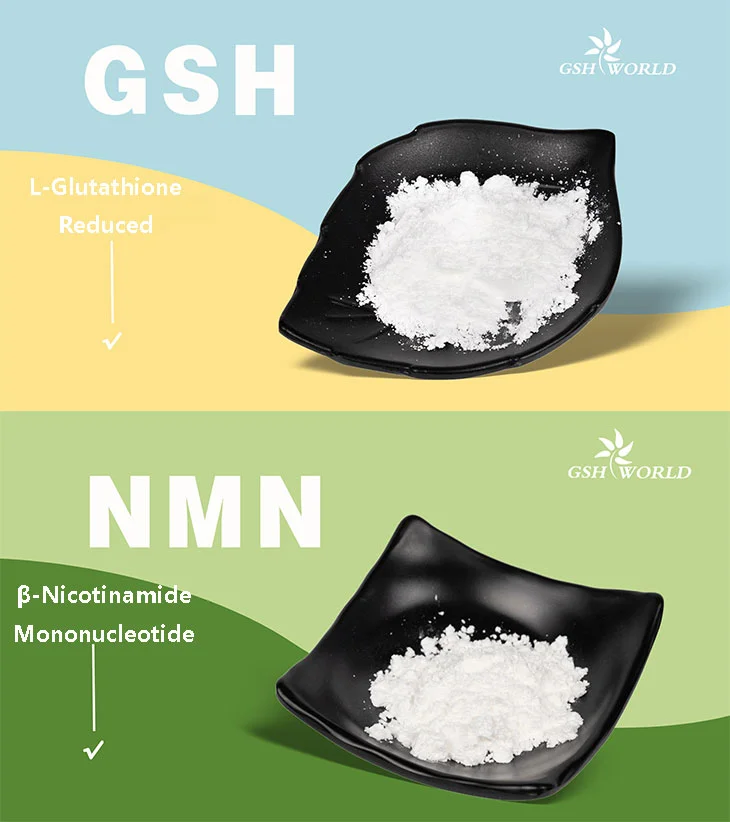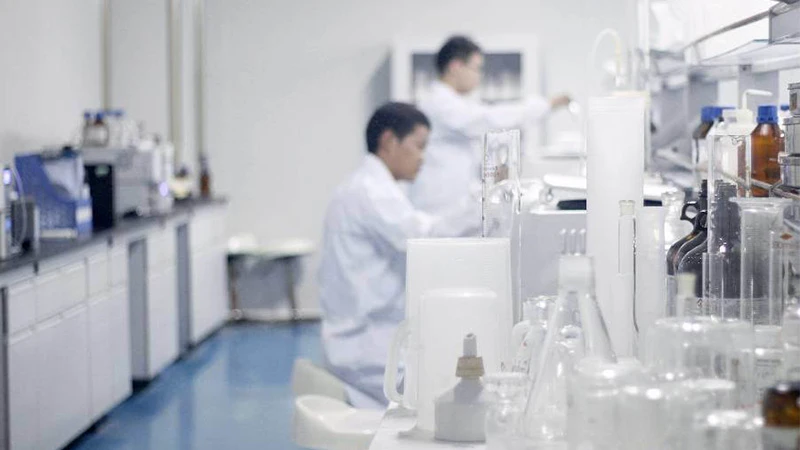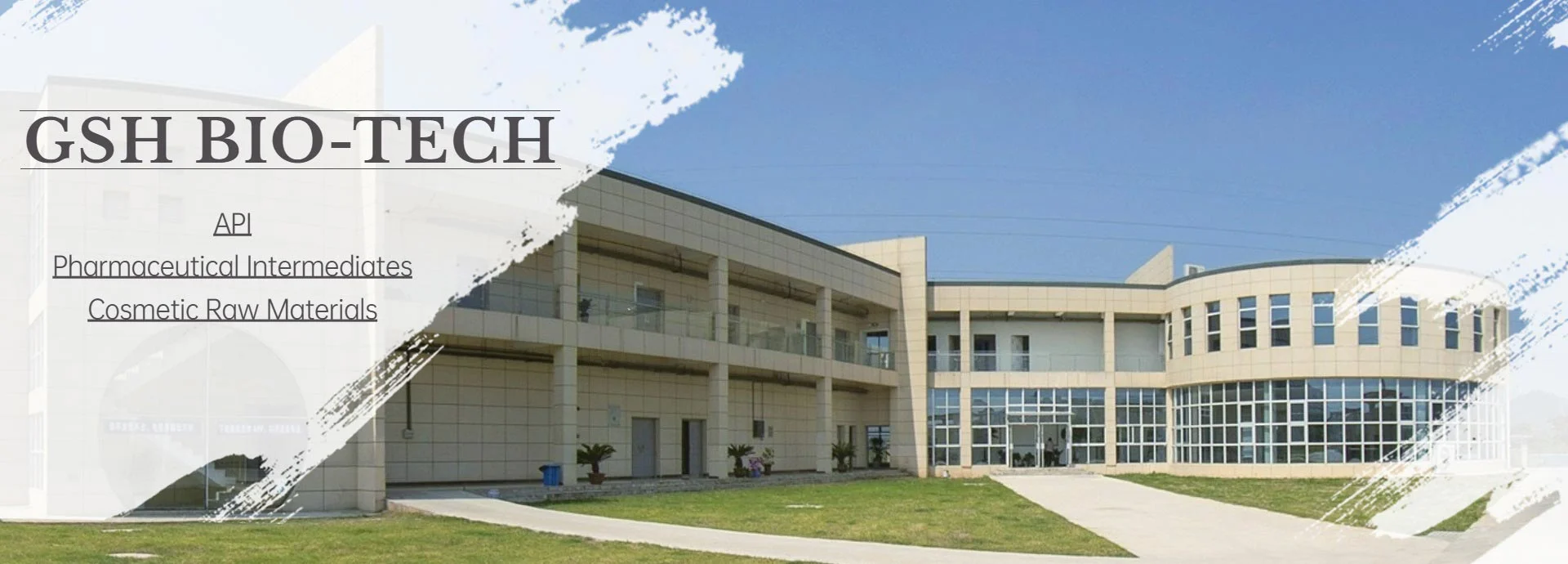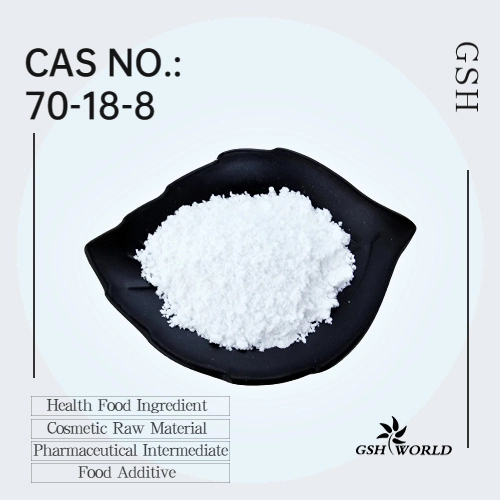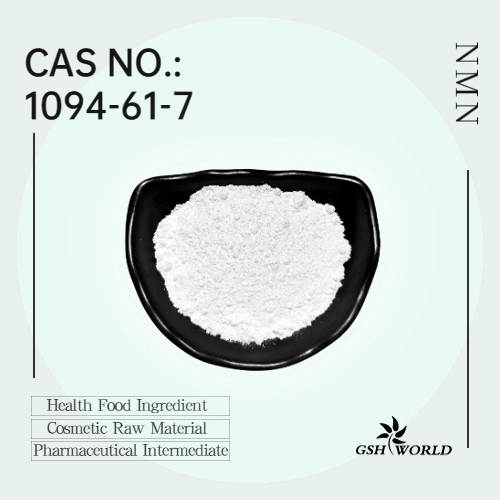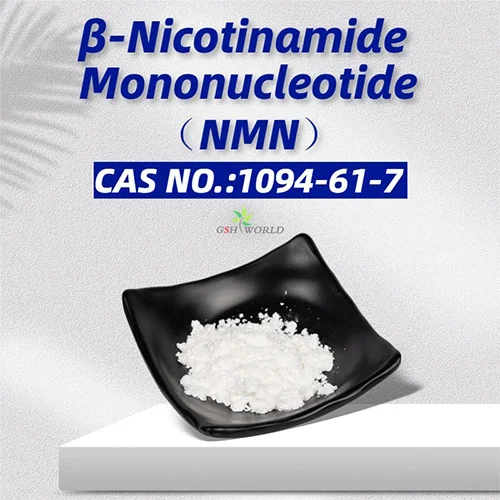GSH Supplement FAQ
Glutathione (GSH) is a tripeptide composed of glutamic acid, cysteine and glycine, and is one of the most important antioxidants in the body. It plays a key role in maintaining the reduced state of cells, neutralizing free radicals, regulating cell signaling, and participating in the regulation of cell cycle and apoptosis. Glutathione is also involved in detoxification processes, such as metabolism with drugs and carcinogens, and regulating the function of the immune system.
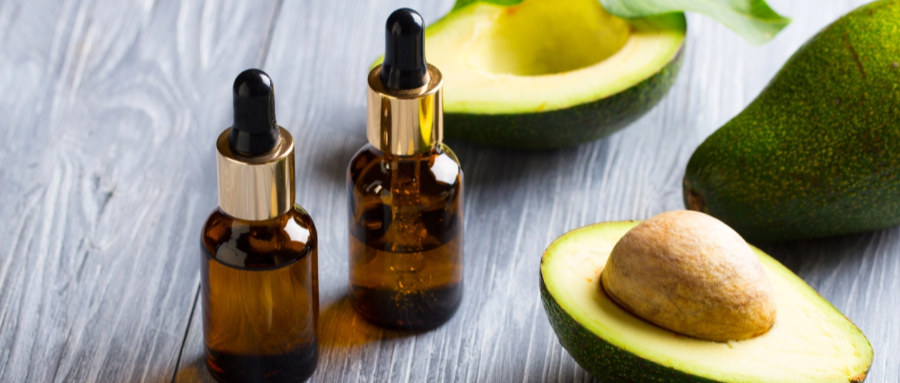
1. The natural occurrence of glutathione and food sources of PQQ:
Glutathione is naturally present in almost all human cells, especially in the liver, brain and lens of the eye. Some foods also contain glutathione, including but not limited to asparagus, avocado, cucumber, mung bean, spinach, mango, papaya, potato, red bell pepper, strawberry and tomato.
2. The role of glutathione on the liver:
The liver is the main site of glutathione synthesis. The role of glutathione in the liver includes protecting liver cells from oxidative stress, participating in the liver's detoxification process, and regulating the liver's metabolic and immune functions. In liver disease, changes in glutathione levels are related to the severity and progression of the disease.
3. Toxins that glutathione can remove:
Glutathione can remove a variety of toxins, including drug metabolites, environmental pollutants, free radicals, and some carcinogens. It forms glutathione conjugates by combining with these toxins and then removes them from the body through the excretion system.

4. The effect of glutathione on the intestine:
The role of glutathione in the intestine includes maintaining the antioxidant balance of intestinal cells, regulating intestinal immune responses, and participating in the absorption and excretion of certain substances by the intestine. Glutathione may also affect the composition and function of intestinal flora.
5. Glutathione's effects on the skin:
Glutathione has a variety of benefits for the skin, including protecting the skin from oxidative damage caused by UV rays and pollutants, reducing wrinkles and pigmentation, and improving skin elasticity and moisturizing. In addition, glutathione has anti-aging and anti-melanin production effects.
6. Anti-inflammatory effects of glutathione:
Glutathione has anti-inflammatory effects. It can reduce the production of inflammatory mediators, such as tumor necrosis factor α (TNF-α) and interleukin 6 (IL-6), which play a key role in a variety of inflammatory diseases. By reducing the levels of these inflammatory factors, glutathione helps to alleviate the inflammatory response.
Although glutathione has many benefits, including antioxidant, anti-inflammatory and improved lipid metabolism, excessive intake of any supplement may pose health risks. Before using any supplement, it is recommended to consult a medical professional to ensure safety and appropriateness.
References:
[1] Guloyan V, Oganesian B, Baghdasaryan N, et al. Glutathione supplementation as an adjunctive therapy in COVID-19[J]. Antioxidants, 2020, 9(10): 914.
[2] Vairetti M, Di Pasqua L G, Cagna M, et al. Changes in glutathione content in liver diseases: an update[J]. Antioxidants, 2021, 10(3): 364.
[3] Iskusnykh I Y, Zakharova A A, Pathak D. Glutathione in brain disorders and aging[J]. Molecules, 2022, 27(1): 324.
[4] Ren H, Meng Q, Yepuri N, et al. Protective effects of glutathione on oxidative injury induced by hydrogen peroxide in intestinal epithelial cells[J]. journal of surgical research, 2018, 222: 39-47.
[5] Minich D M, Brown B I. A review of dietary (phyto) nutrients for glutathione support[J]. Nutrients, 2019, 11(9): 2073.
[6] Weschawalit S, Thongthip S, Phutrakool P, et al. Glutathione and its antiaging and antimelanogenic effects[J]. Clinical, cosmetic and investigational dermatology, 2017: 147-153.
*Special note - This article is for informational purposes only and cannot replace a doctor's treatment diagnosis and advice. It should not be regarded as a recommendation or proof of efficacy of the medical products involved. If it involves disease diagnosis, treatment, and rehabilitation, please be sure to go to a professional medical institution to seek professional advice.
by GSHWORLD
GSHWORLD is China Biological API Manufacturer. China Glutathione Supplements powder suppliers & best Glutathione benefits raw material Factory.


